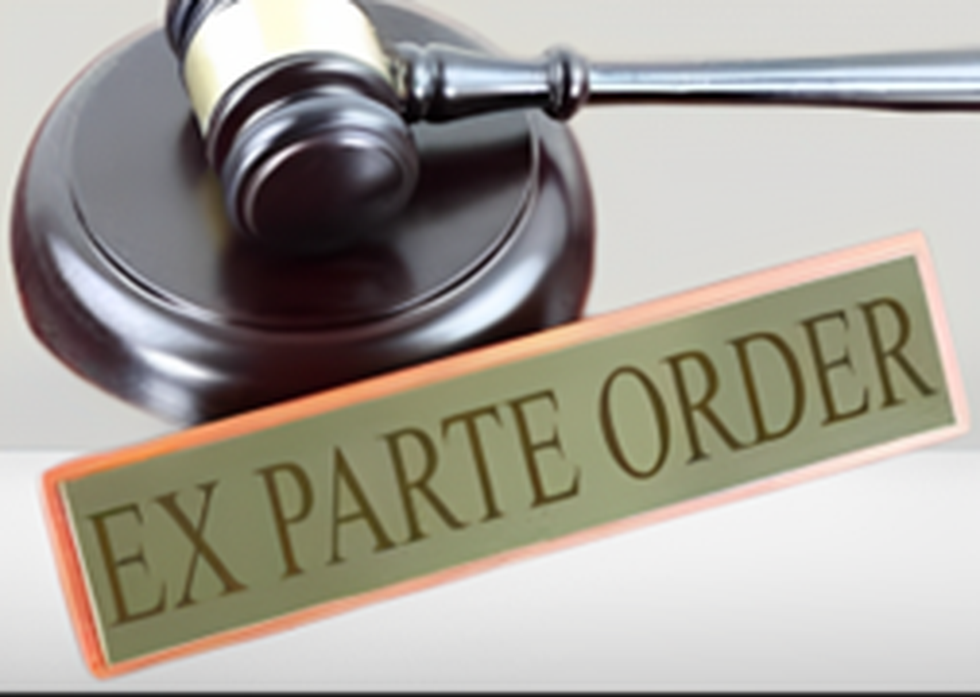The Supreme Court has delivered a significant judgment clarifying the legal recourse available to parties facing ex-parte decrees in civil cases. In a unanimous verdict, the court held that a revision petition under Section 115 of the Code of Civil Procedure (CPC) is not maintainable against the refusal of a subordinate court to set aside an ex-parte decree under Order IX Rule 13.
This ruling comes in response to a legal question regarding the appropriate grievance mechanism for parties who have been served ex-parte decrees – judgments passed in their absence due to non-appearance in court. Order IX Rule 13 of the CPC allows such individuals to apply for the ex-parte decree to be set aside, providing reasons for their non-appearance and demonstrating merits in their case. However, if this application is dismissed, the aggrieved party typically appeals to the higher court.
The question before the Supreme Court was whether such appeals should take the form of a standard appeal or a revision petition under Section 115. Section 115 empowers High Courts to revise orders passed by subordinate courts in certain situations, particularly where there has been an error in legal procedure or an application of incorrect principles.
The Supreme Court, in its judgment, emphasized that Order IX Rule 13 already provides a specific provision for appeals against the dismissal of applications to set aside ex-parte decrees. This specific appeal route, the court noted, excludes the applicability of Section 115 revisions. Allowing revisions in such cases, the court reasoned, would effectively bypass the dedicated appeal mechanism laid out in the CPC and create administrative and legal confusion.
This judgment has important implications for parties facing ex-parte decrees. It clarifies that they must follow the prescribed appeal route under Order IX Rule 13 and cannot directly access revision petitions under Section 115. This streamlined process ensures timely resolution of disputes and adherence to established legal procedures.
In conclusion, the Supreme Court’s decision provides much-needed clarity on the grievance mechanisms available for ex-parte decree cases. By emphasizing the dedicated appeal route, the court has streamlined the process, ensuring swift and efficient resolution of such disputes.
